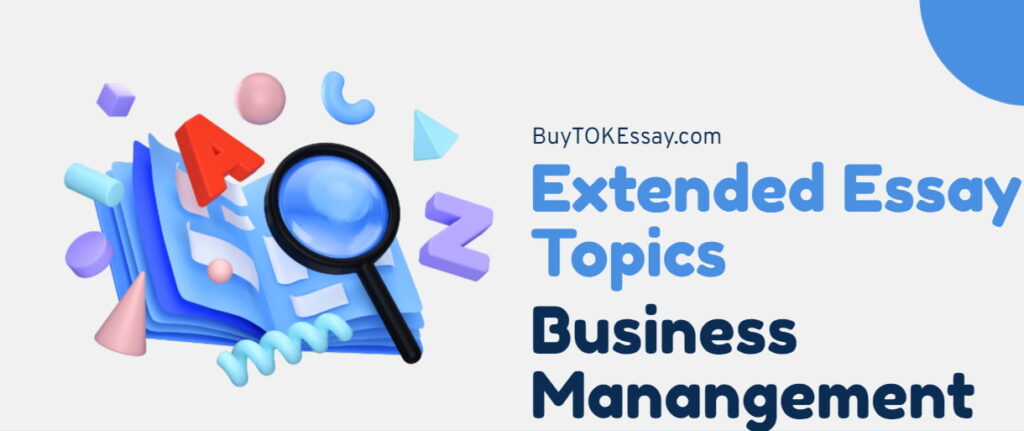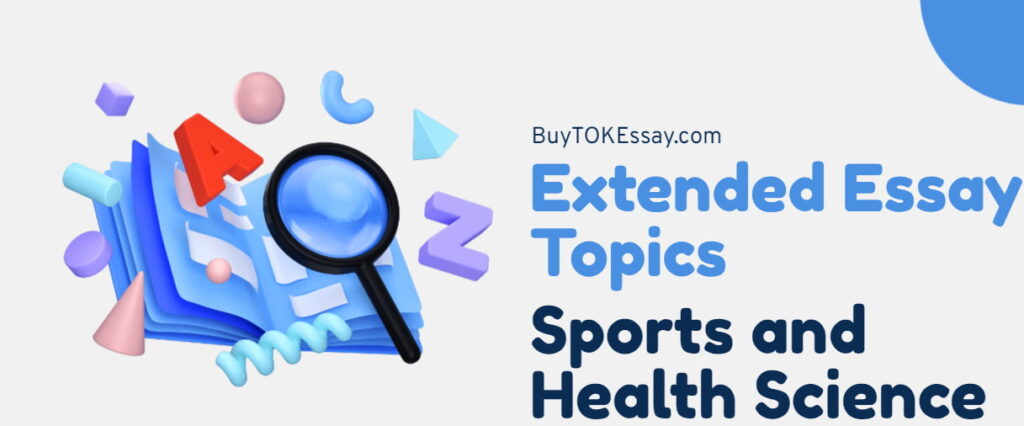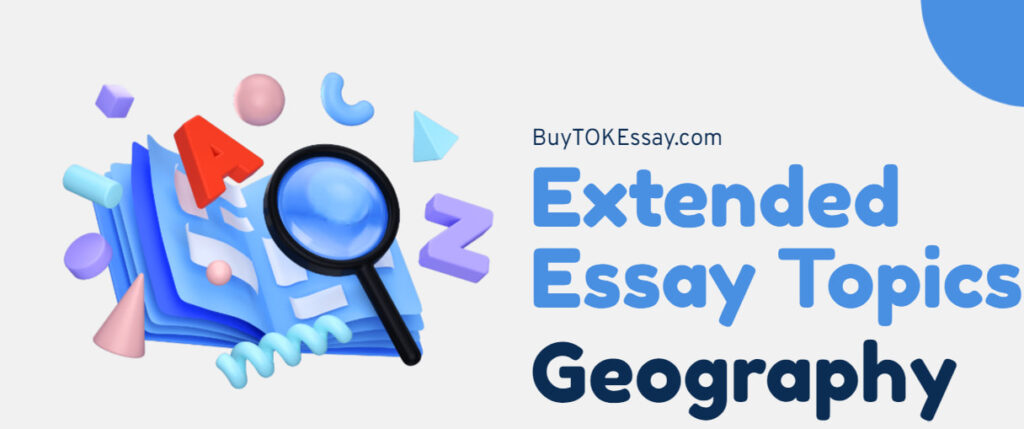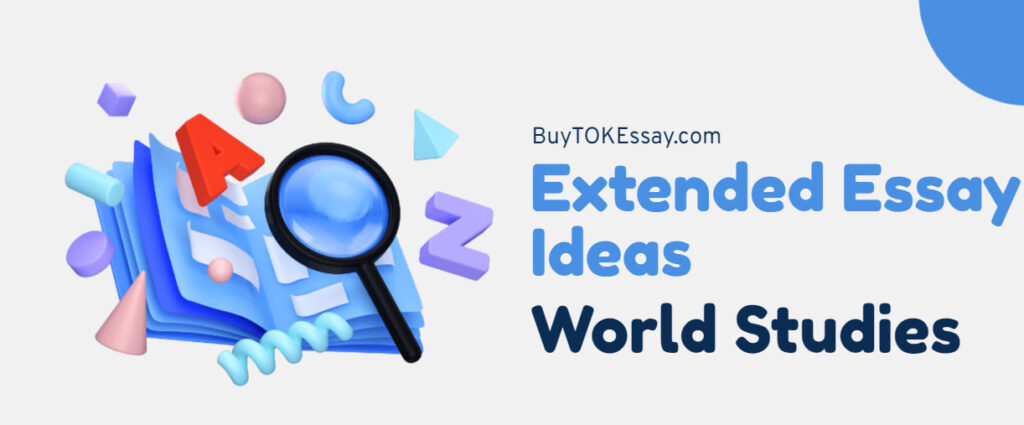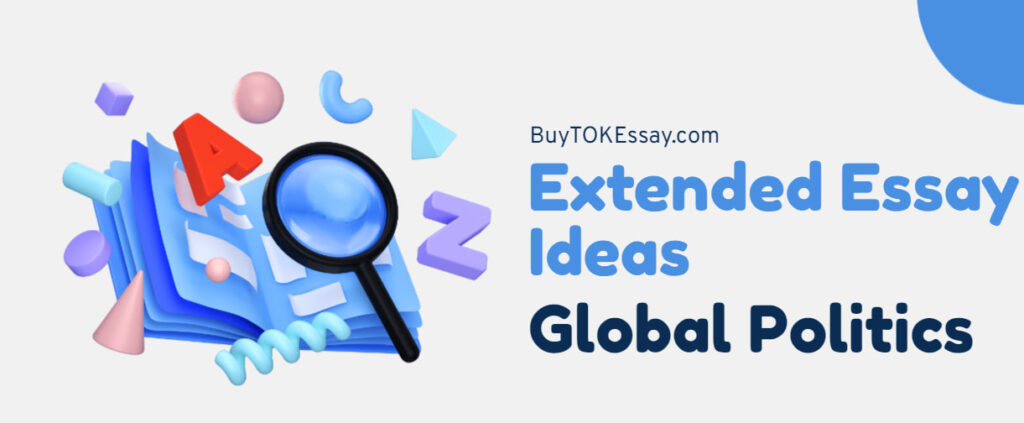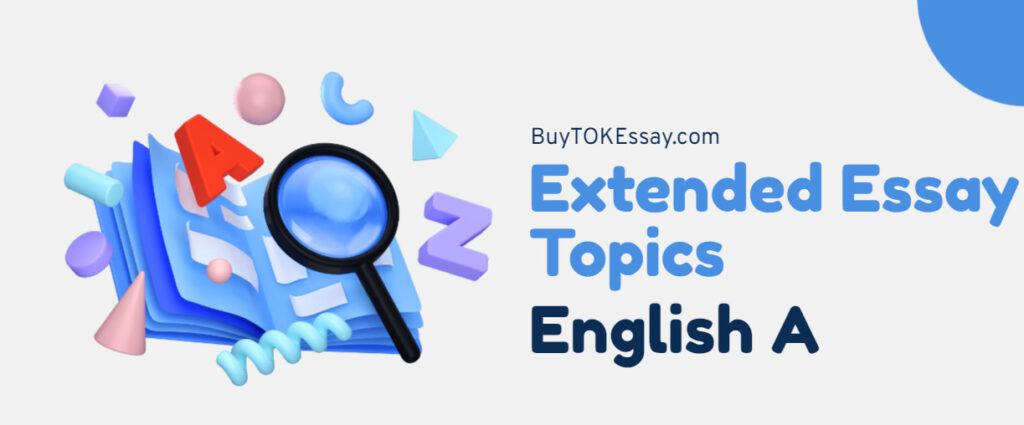Writing the Literature extended essay as an IB student is akin to setting off on a grand academic research. From my extensive experience, I’ve found this task to be a cornerstone of the Literature course and a fantastic opportunity to dig into the depths of literary analysis. And if you need help from IB EE writers, we are always here for you!
So now, I will give you some Literature extended essay topics to consider if you want to get a perfect grade.
Understanding the Literature Extended Essay
At first, getting to grips with the essence of the Literature extended essay might seem overwhelming. Yet, from my extensive experience, I can assure you it presents a thrilling opportunity. This paper allows you to demonstrate your ability to critically examine and provide insightful commentary on texts that have evoked strong emotions, presented challenges, or raised questions for you. In this context, I stress the importance of IB DP students choosing personally meaningful topics.
Furthermore, this task offers a chance to dialogue with literature deeply. Through my experiences, I’ve learned that the Literature extended essay is a pathway to dissect narrative structures, character arcs, themes, and the socio-historical contexts that influence literary works. This process deepens your understanding of literature and improves your critical thinking and writing skills.
The Literature extended essay is a unique task that encourages you to articulate your interpretations and argue your perspective backed by evidence from the text. It also teaches you to appreciate literature’s complexity and beauty while challenging you to express your thoughts coherently.
So, choosing a topic and formulating the IB research question you are passionate about is everything. It transforms the task from an academic requirement into a meaningful research of literature that resonates with you. Whether it’s the tragic heroism in classical literature, the portrayal of dystopian societies in modern novels, or the nuances of narrative voice in a collection of poetry, your topic should reflect your interests.
In my experience, dedicating myself to a fascinating topic made the research and writing phases manageable and enjoyable. It allowed me to contribute my unique voice and insights to literary discussions, offering a fresh perspective on familiar works.
Popular Literature Themes for Extended Essays
When choosing a topic for the Literature extended essay, considering popular themes can provide a rich source of material that allows for deep analysis and engaging writing. Here are some universally resonant themes that might inspire IB students.
1. The Conflict Between Individuality and Society
This theme shows how characters assert their identities against social norms, expectations, or oppression. Essays could analyze texts that depict the struggle between individual desires and societal demands, offering insights into how authors portray this conflict.
2. Morality and Ethics
Literature often questions the nature of morality and the ethical dilemmas characters face. An essay could focus on how moral ambiguities are presented and the consequences of ethical decisions for individuals and their communities.
3. The Role of Fate and Free Will
This theme examines whether characters control their destinies or are subject to fate. An extended essay could discuss different perspectives on fate and free will across various texts, analyzing how this theme influences the plot and character development.
4. Love and Relationships
Love, whether familial, romantic, or platonic, is a central theme in many works of literature. Essays could research how relationships are constructed, the impact of love on character development, and how love drives the narrative forward.
5. Rebellion and Conformity
Literary works often show the tension between rebelling against and conforming to societal rules. So, you can provide step-by-step research and analyze texts that showcase characters’ resistance or submission to societal expectations and the personal or communal outcomes of these actions.
6. Death and Mortality
This enduring literary theme provides a prism to look at human emotions, philosophies, and the impact of mortality on life choices. An extended essay could consider how different authors treat the inevitability of death and its influence on living.
7. The Illusion of the American Dream
Analyzing the portrayal of the American Dream offers insights into how authors perceive the promise of success and prosperity in America. Your extended essay can consider the reality vs. the expectation of the American Dream and its effect on characters across diverse narratives.
Check out our detailed guide on Language A: Language and Literature IA ideas for more tips and insights.

Literature Extended Essay Topics and Research Question
You can write a thoughtful and analytically rich paper by choosing one of these topics for your Literature extended essay:
- The Representation of Women in Victorian Literature. How do the portrayals of female characters in Charlotte Brontë’s Jane Eyre and Charles Dickens’s Great Expectations reflect or challenge the Victorian ideals of womanhood?
- Dystopian Societies in Modern Literature. How do Margaret Atwood’s The Handmaid’s Tale and George Orwell’s 1984 use dystopian elements to critique contemporary social and political issues?
- The Theme of Redemption in American Southern Gothic Literature. In what ways does the theme of redemption manifest in William Faulkner’s The Sound and the Fury and Flannery O’Connor’s Wise Blood?
- Tragedy and the Common Man in 20th Century Drama. How does Arthur Miller’s assertion that tragedy can also involve the common man validate itself within Death of a Salesman?
- The Influence of African Culture on Contemporary African American Literature. How does Chimamanda Ngozi Adichie’s Americanah illustrate the influence of Nigerian culture on personal identity compared to African American culture?
- The Psychological Construction of Fear in Horror Literature. What methods do Edgar Allan Poe and H.P. Lovecraft use to construct fear in their narratives, and how do these methods manipulate reader response?
- Magical Realism as a Tool for Political Commentary. How does Gabriel García Márquez employ magical realism in One Hundred Years of Solitude to comment on political instability in Colombia?
- The Evolution of the Heroine in Jane Austen’s Novels. How do the heroines in Pride and Prejudice and Emma reflect the changes in societal expectations of women during Jane Austen’s lifetime?
- Symbols of Power and Corruption in British Literature. How is the theme of power and corruption depicted through the symbols in George Orwell’s Animal Farm and William Golding’s Lord of the Flies?
- Existentialism in Modern European Literature. How do the existential themes in Albert Camus’ The Stranger and Franz Kafka’s The Trial address the absurdity of human existence?
- The Bildungsroman Genre: Coming-of-Age in Different Cultures. How do the coming-of-age narratives of To Kill a Mockingbird by Harper Lee and Tsotsi by Athol Fugard depict cultural influences on personal growth?
- Narrative Structure and Its Effect on Storytelling. How does the non-linear narrative structure affect the reader’s perception of time and memory in Kurt Vonnegut’s Slaughterhouse-Five?
- The Role of Supernatural Elements in Shakespeare’s Plays. What role do supernatural elements play in Macbeth and Hamlet, and how do they affect the characters’ decisions and eventual fates?
- Contrasting Visions of the Future in Science Fiction. How do Philip K. Dick’s Do Androids Dream of Electric Sheep? and Isaac Asimov’s Foundation portray contrasting visions of the future?
- The Influence of Classical Literature on Modern Fantasy. How have Homer’s Odyssey and Virgil’s Aeneid influenced modern fantasy literature, specifically in works like J.R.R. Tolkien’s The Lord of the Rings?
- Feminist Perspectives in Contemporary Poetry. How do the works of Sylvia Plath and Adrienne Rich contribute to the feminist discourse through their poetry?
- Narrative Techniques in Non-Fiction. What narrative techniques do Joan Didion in The Year of Magical Thinking use to create a compelling story in non-fiction?
- Environmental Themes in Literature. How do Barbara Kingsolver’s The Poisonwood Bible and Edward Abbey’s Desert Solitaire use environmental settings to advance their themes?
- Satire and Social Critique in 18th-Century British Literature. How do Jonathan Swift’s Gulliver’s Travels and Alexander Pope’s The Rape of the Lock use satire as a tool for social critique?
- Mythology and Modernity in Latin American Literature. How do Isabel Allende’s The House of the Spirits and Mario Vargas Llosa’s The War of the End of the World intertwine mythology with modern historical events?
- Loss of Innocence in Children’s Literature. How is the theme of loss of innocence presented in J.K. Rowling’s Harry Potter series and Philip Pullman’s His Dark Materials trilogy?
- The Literary Portrayal of Tyranny and Resistance. How does Margaret Atwood’s The Handmaid’s Tale depict tyranny and the spirit of resistance?
- Religious Symbolism in Medieval Literature. What roles do religious symbols play in Dante Alighieri’s The Divine Comedy and Geoffrey Chaucer’s The Canterbury Tales?
- Portrayal of Urban Life in 20th Century American Literature. How do Langston Hughes and John Dos Passos portray urban life in America during the 20th century through their literary works?
- Humanity and Technology in Cyberpunk Fiction. How is the relationship between humanity and technology researched in William Gibson’s Neuromancer and Neal Stephenson’s Snow Crash?
- Comparative Study of Heroism in Epic Poetry. How do the portrayals of heroism in Homer’s Iliad and Virgil’s Aeneid reflect the differing values of their respective societies?
- Gender Dynamics in Post-War American Literature. How do the novels The Bell Jar by Sylvia Plath and On the Road by Jack Kerouac depict gender dynamics in post-war American society?
- The Role of Letters and Diaries in Narrative Development. How do letters and diaries contribute to the development of narrative and character in Mary Shelley’s Frankenstein and Bram Stoker’s Dracula?
- Existential Themes in Theatre of the Absurd. How do Samuel Beckett’s Waiting for Godot and Eugene Ionesco’s The Bald Soprano explore existential themes through absurdism?
- Displacement and Identity in Immigrant Literature. How do the themes of displacement and identity manifest in the works of Jhumpa Lahiri and Chimamanda Ngozi Adichie?
- The Literary Depiction of Mental Asylums. How are mental asylums depicted and what role do they play in shaping the narrative in Ken Kesey’s One Flew Over the Cuckoo’s Nest and Charlotte Perkins Gilman’s The Yellow Wallpaper?
- The Influence of Shakespeare in Contemporary Literature. How is William Shakespeare’s influence evident in the contemporary works of Ian McEwan and Margaret Atwood?
- Narratives of Escape in Children’s Literature. How is the theme of escape depicted in C.S. Lewis’s The Chronicles of Narnia and Frances Hodgson Burnett’s The Secret Garden?
- Psychological Manipulation in Dystopian Novels. How is psychological manipulation portrayed in Aldous Huxley’s Brave New World and George Orwell’s 1984, and what are its impacts on characters?
- The Evolution of the Detective Genre. How has the detective genre evolved from Arthur Conan Doyle’s Sherlock Holmes stories to contemporary detective novels like those by Agatha Christie and Stieg Larsson?
- The Representation of Spiritual Journeys in Literature. How do the spiritual experiences in Herman Hesse’s Siddhartha and Paulo Coelho’s The Alchemist reflect the authors’ views on personal enlightenment?
- Class Struggle in European Novels. How do the themes of class struggle and social mobility manifest in Charles Dickens’s Great Expectations and Victor Hugo’s Les Misérables?
- Nature as a Character in Environmental Literature. How is nature personified and used as a central character in John Muir’s Wilderness Essays and Henry David Thoreau’s Walden?
- The Impact of Digital Culture on Narrative Forms. How have contemporary authors like David Mitchell in Cloud Atlas and Jennifer Egan in A Visit from the Goon Squad integrated digital culture into their narrative structures?
- Myth and Modernity in African Literature. How do myths influence modern identities and narratives in Chinua Achebe’s Things Fall Apart and Ngũgĩ wa Thiong’o’s The Wizard of the Crow?
- Memory and History in Post-Holocaust Literature. How do memory and history interplay to shape narrative and identity in Elie Wiesel’s Night and Art Spiegelman’s Maus?
- Transgression and Redemption in Crime Fiction. How are themes of transgression and redemption depicted in Fyodor Dostoevsky’s Crime and Punishment and Truman Capote’s In Cold Blood?
- The Depiction of Artificial Intelligence in Science Fiction. How do Philip K. Dick’s Do Androids Dream of Electric Sheep? and Isaac Asimov’s I, Robot portray the ethical dilemmas surrounding artificial intelligence?
- Family Dynamics and Secrets in Southern Gothic Literature. How do family secrets and dynamics drive the plot and character development in William Faulkner’s As I Lay Dying and Tennessee Williams’ A Streetcar Named Desire?
- The Role of Food in Cultural Identity Literature. How is food used as a symbol of cultural identity and conflict in Laura Esquivel’s Like Water for Chocolate and Anthony Bourdain’s Kitchen Confidential?
- Satire and Irony in Political Literature. How do Jonathan Swift’s A Modest Proposal and George Orwell’s Animal Farm use satire and irony to critique political systems and social norms?
- Existentialism in the Works of Modernist Writers. How do the existential themes in Samuel Beckett’s Waiting for Godot and Albert Camus’ The Stranger show the concept of absurdity and the search for meaning?
- Symbolism in Modern American Poetry. What symbols do Robert Frost and Sylvia Plath use in their poetry to explore themes of despair and hope?
- The Role of the Sea in Literature. How is the sea depicted as a symbol and setting in Ernest Hemingway’s The Old Man and the Sea and Herman Melville’s Moby-Dick?
- Rebellion in Young Adult Dystopian Literature. How do Suzanne Collins’s The Hunger Games and Veronica Roth’s Divergent portray rebellion as a necessary tool for societal change?
These options offer a variety of angles and depths for research, allowing students to engage deeply with literature while addressing complex issues and historical contexts. If you are also interested in Literature and Performance, consider some interdisciplinary topics in extended essays.

Need Help with Your IB Extended Essay?
Maximize your potential and boost your Extended Essay’s excellence with the help of our experts! Whether starting from scratch or fine-tuning your existing assignment to meet your supervisor’s demands, the BuyTOKEssay.com team is here to make your dream of a perfect paper a reality. Say goodbye to writer’s block and hello to success with just one click.
Conclusion
Choosing the perfect topic and writing the Literature extended essay offers a unique opportunity to connect deeply with texts that provoke thought, evoke emotion, and capture your imagination. In my extensive experience, approaching this task with dedication transforms it into a deeply satisfying work. Think of this essay as a medium to share your insights about literature and contribute to academic discourse. Also, if you need some help with extended essay writing, just contact our IB experts.
